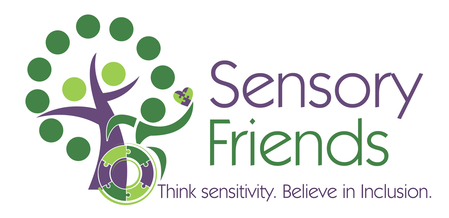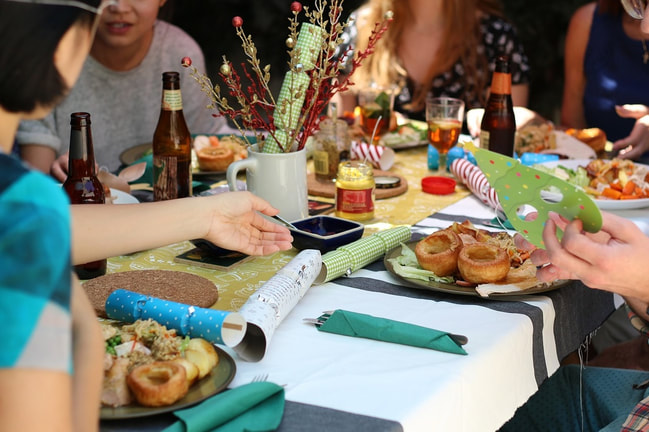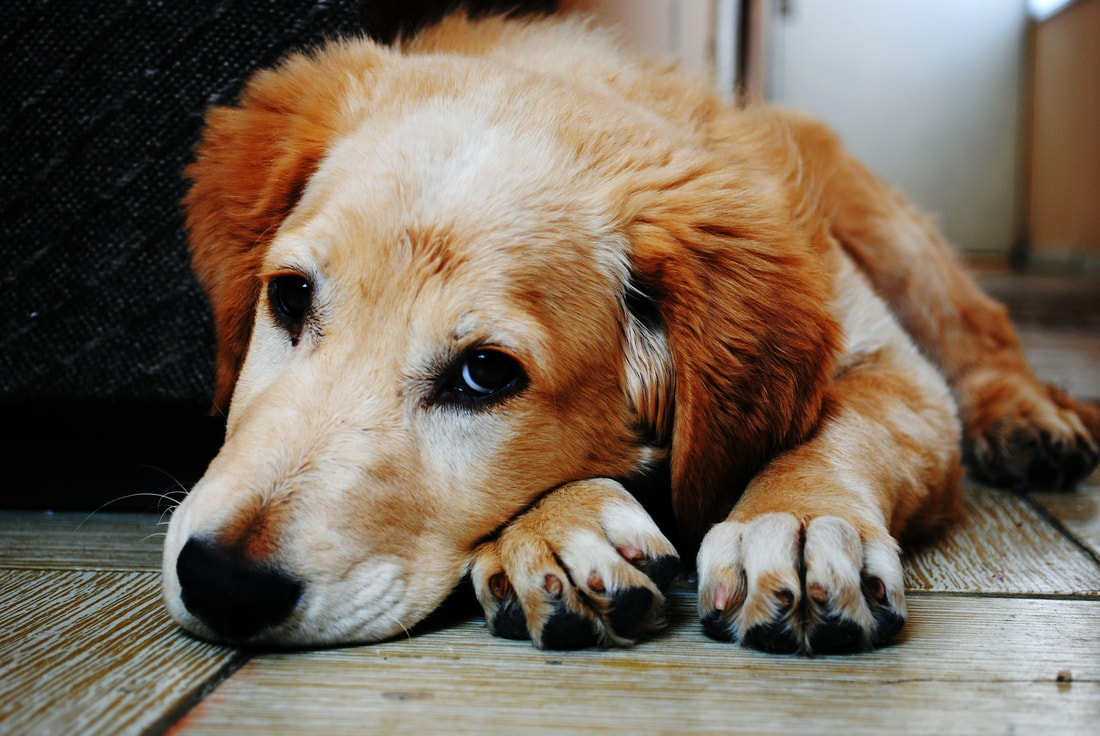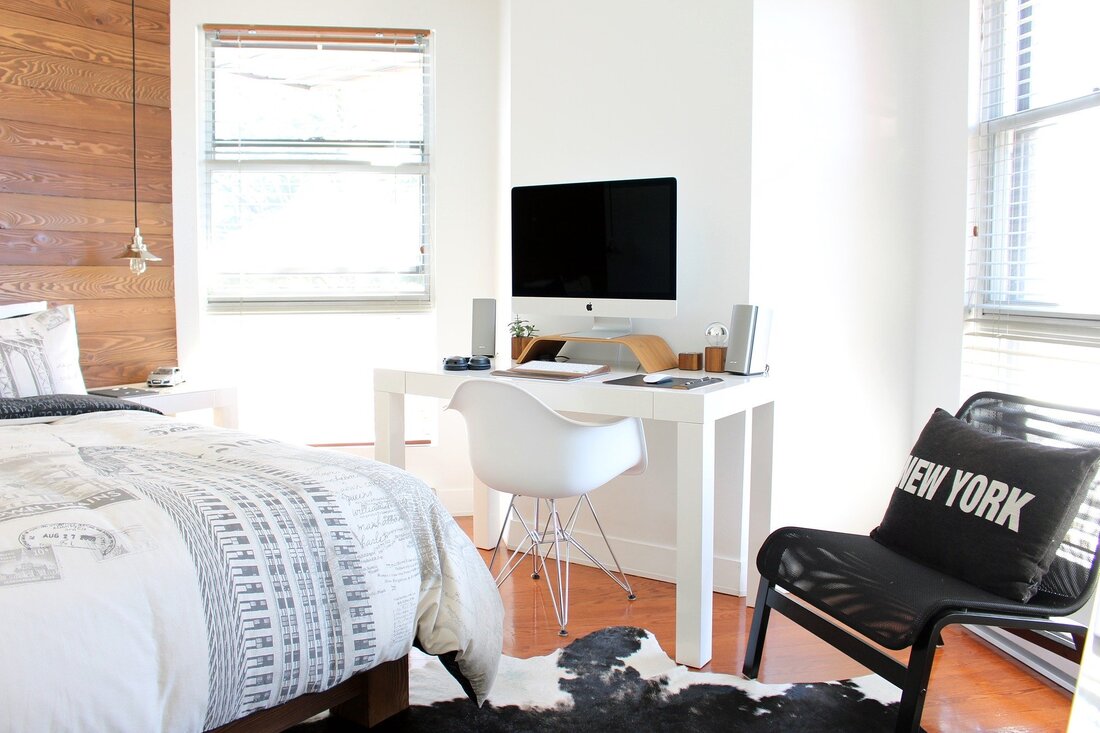Here are some tips to help make your guests with disabilities feel right at home:
1. Learn about the disability:
Many families dealing with disabilities prefer that you ask them directly about their disability over assuming their interests, struggles, and inabilities. If you feel uncomfortable asking, the internet has a wealth of information on every topic imaginable. Our resources page also has information on many national disability resources out there today. The greatest act of kindness in the disability community is when someone cares enough to learn and learns how to care. Your guest will appreciate your willingness to learn about them and how to include them.
2. Be menu conscious:
Make sure you’re aware of any guests with specific diets, or allergies to food or drinks. This will help with planning your menu. Most people will bring their own food if they are on special or specific diets. For example, “Gluten and Casein free” diets are expensive and difficult to follow. No one would expect you to purchase expensive foods that exceed your party budget. A best practice for the perfect host would be to find out favorite or preferred foods. Nothing says “welcome” to your guests better than having a favorite entrée or dessert served. However, being aware of these important details helps to accommodate your guests and is part of being the gracious host.
3. Sensitivity and allergy awareness:
It's a good idea to ask guests about any sensitivity to smells, deodorants, or perfumes. Keeping your home with a neutral clean smell is always best. When in doubt, staying away from strong deodorizers that are flowery, fruity or bold is always the safest bet.
If you have a pet, you may want to make sure they’re in another room during your event times. Even if your pet behaves exceptionally well, some guests may be afraid of animals, or may even be allergic. Other than making sure to sweep, vacuum, and dust, you can’t do too much about animal dander in your home, but you can make someone feel comfortable about being in your home without the anxiety of being close to your four-legged friends!
4. Prepare an escape cove:
If possible, designate a room or area as a private place for guests that may need to temporarily escape noise and crowds. This is most helpful for those who have sensory issues and who sometimes feel uncomfortable at public events. Some children and adults with disabilities, such as Autism or sensory disorders, may be overstimulated and become overwhelmed. This may result in them experiencing anxiety or having melt downs in social settings.
Making a place exclusively for them to have some alone time gives them the opportunity to escape the overstimulating situation and the space and time they need to regulate, self-soothe and calm their bodies and mind. You can ask family members or the individual if it's okay to check on them and offer to bring them something to drink or eat. Let them know that when they’re ready, they can rejoin the group and the festivities.
5. Think Inclusion:
Make every effort to include your guest with disabilities in your planned activities. Modify the games rules so they’re included too. If your guest is a child, ask his or her parents about how you could make it easiest for them to participate. If your guest is an adult, depending on their ability, try to assign someone as their buddy during game time (parents will usually play the role of the buddy and help their child with following the game). I prefer to presume competence and give the person the opportunity to try and participate, but I would always make it their choice. You may learn that some children or adults would prefer not to participate in a certain activity or any of them. Try to be understanding, and don’t push them to participate, trying new things may take time, please be patient.






 RSS Feed
RSS Feed